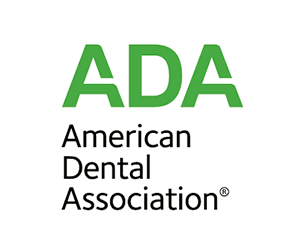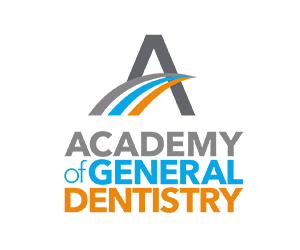Periodontal Therapy
We all know the important role the health of our teeth plays in the beauty of our smiles. But what about our gums? Our gums play a vital role too. They form a tight seal around our teeth to keep bacteria from getting down to our tooth roots and bone, where it can’t be reached with a toothbrush. When we fail to take good care of our gums, they become diseased and can’t do their job as well. Gum disease, or periodontal disease, can have a serious impact on our oral health, and our overall health as well.
Symptoms of Periodontal Disease
Most people recognize the sharp pain of a cavity, but they’re less certain about whether or not they’re experiencing symptoms of periodontal disease. In general, whether you currently have any of these symptoms or not, it’s helpful to know what to look for. The symptoms below warrant at least a call to your dentist, but no single symptom on the list is a guarantee that you have periodontitis. The following are typical symptoms of periodontal disease.
- Bad breath that won’t go away
- Inflamed, tender gums
- Bleeding gums
- Pain when chewing
- Tooth sensitivity to hot or cold
- Loose teeth
- Tooth misalignment
- Receding gums
The more symptoms you have from this list, the higher the likelihood that you have periodontal disease. The good news is that it’s treatable. And if you catch it early enough, it may even be reversible. Like most dental issues, the sooner you get treatment the better.

What Causes Gum Disease (Periodontitis)?
Gum disease is caused by bacteria in the soft tissues around our teeth. When we brush our teeth, we clean away harmful bacteria before it has a chance to adhere to our teeth and harden into tartar. Once tartar forms, a toothbrush is not enough to get rid of it. It can only be removed with special dental tools. This is important because more harmful bacteria can hide behind the tartar, embed itself in our gums and soft tissues, and breed.
The resulting infection causes the gums to swell and become irritated. The body’s response is to destroy the infected tissue, causing gums to recede. It can also deteriorate the bone around our teeth, which can lead to tooth loss. As the infection spreads, it can also threaten our overall health.
We know that bacteria is the cause of periodontal disease: Bacteria. But there are also some factors that make it easier for bacteria to form in hidden places, thereby increasing the risk of developing gum disease. These factors include:
- Poor oral hygiene
- Defective fillings
- Crooked teeth
- Improperly fitted bridges
- Dry mouth (often caused by medication)
- Smoking
- Genetics
- Stress
- Female hormonal changes
Practicing proper oral hygiene and visiting your dentist regularly are two important steps that can significantly reduce your risk of developing periodontal disease. By brushing twice a day and flossing daily, you’re removing plaque from your teeth before it has a chance to harden into tartar. Your dentist can also help clean your teeth and remove any plaque or tartar that has developed in hard-to-reach places. They can also keep an eye on the condition of your gums and provide you with any necessary treatments before any damage occurs.

Types of Periodontitis
Periodontal disease is progressive. It will not go away if ignored. It will only get worse. The more you know about it, the better chance you have of catching it before it causes any serious complications. There are several different types of periodontitis, including:
- Gingivitis
The mildest and most common type of periodontal disease, typically involving red, swollen and sore gums. Easily reversible. - Chronic periodontitis
The gum disease has spread below the gum line, causing bad breath, receding gums, and infected gingival pockets. Involves a slow deterioration that cannot be reversed, but can be halted. - Aggressive periodontitis
This form of gum disease progresses rapidly, causing the advanced deterioration of gum tissue, ligaments, and bone. - Periodontitis relating to systemic conditions
Certain underlying systemic medical conditions, including diabetes, heart disease, and respiratory disease are linked to the development of gum disease. - Necrotizing periodontitis
People who suffer from malnutrition, immunosuppression, and HIV sometimes develop this form of periodontitis which involves the death of gum tissue. This is the result of gum tissue deprived of the nourishment it needs to stay healthy.
Gum disease is treatable. The sooner you get treatment, the better your chance of avoiding irreversible damage. Gum disease treatment can help restore the health of your gums, your oral health, and your overall health.
Treatments for gum disease
The condition of the gums and the type of gum disease will determine the best treatment, but in general, there are four main treatments for periodontitis.
Periodontitis is a progressive disease that has the potential to cause serious damage, but it’s also treatable.
If you have any of the symptoms of gum disease or you’ve been diagnosed with gum disease, come see Dr. Pegah Salami today. The sooner you do, the sooner she can help restore your oral health and rejuvenate your smile.
Dr. Salami is one of the best dentists in San Diego. If you’re looking for a skilled and experienced dentist in Rancho Bernardo, Escondido, Poway or Carmel Valley, give us a call at (858) 299-6213 to schedule a consultation today.
Your amazing smile is only a phone call away. Book your appointment today.







